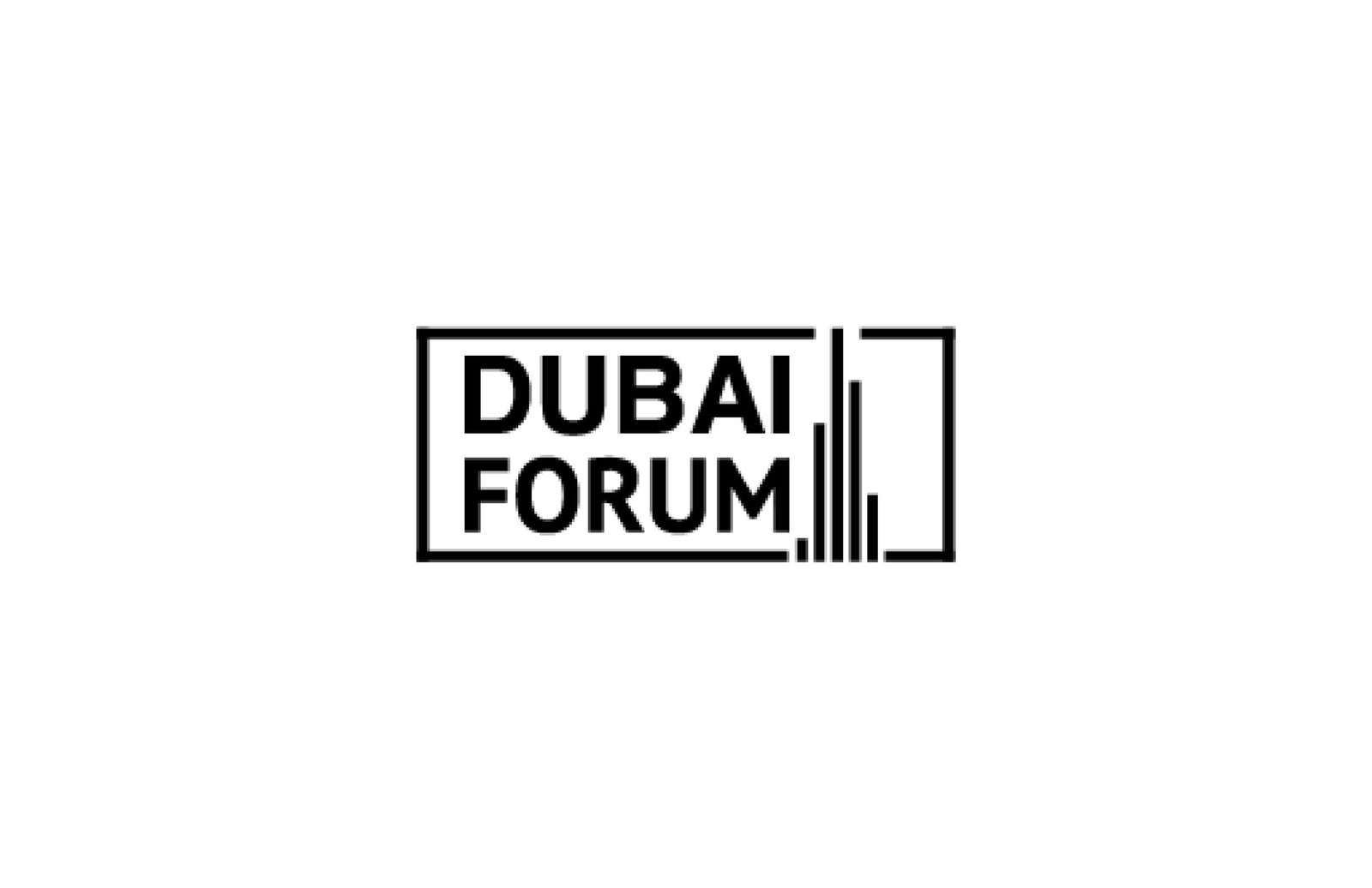Title: Navigating the Landscape of Economic Development in the Gulf Cooperation Council: Opportunities and Challenges
As the nations of the Gulf Cooperation Council (GCC) continue to evolve in an increasingly globalized economy, the region is witnessing an intricate interplay of factors shaping its economic trajectory. With diverse visions for economic diversification, each member state approaches development through unique perspectives. While countries such as the United Arab Emirates (UAE) and Saudi Arabia are making strides toward ambitious reform agendas, challenges remain intertwined within the region’s unparalleled growth narrative.
Economic Diversification Efforts
The GCC states, comprising Bahrain, Kuwait, Oman, Qatar, Saudi Arabia, and the UAE, have historically relied on oil revenues as the backbone of their economies. However, a concerted effort is underway to diversify these economies in response to fluctuating oil prices and a global push toward sustainable energy sources. Saudi Arabia’s Vision 2030 is perhaps the most talked-about initiative, aiming to reduce the kingdom’s dependence on hydrocarbons by fostering sectors like tourism, entertainment, and renewable energy. Similarly, the UAE’s Vision 2021 emphasizes innovation, knowledge, and education, recognizing the urgent need for a workforce equipped for an increasingly digital economy.
In Oman, the Tanfeedh program seeks to enhance private-sector participation, positioning entrepreneurship as a pivotal driver of economic growth. This framework is complemented by investments in infrastructure that bolster both local and international businesses. Meanwhile, Qatar is progressing with its National Vision 2030, which aims to transform the country into an advanced society capable of sustaining its development while ensuring a prosperous future for its inhabitants.
Investment in Education and Workforce Development
To effectively implement these ambitious diversification plans, investment in education and workforce development is paramount. Across the GCC, governments are realigning their educational systems to foster skills that meet the demands of new industries. For instance, partnerships between educational institutions and corporations are increasingly common, as they aim to create a curriculum that merges theoretical instruction with practical application.
Furthermore, the rise of entrepreneurship has prompted initiatives to cultivate a startup ecosystem. Countries like the UAE are taking the lead, with Dubai emerging as a hub for entrepreneurs due to its strategic location, favorable business climate, and supportive regulatory environment. The allure of attracting foreign direct investment (FDI) is evident, as co-working spaces and incubators become commonplace, fostering innovation and collaboration among budding enterprises.
Navigating Regulatory Frameworks and Market Challenges
Despite the optimistic outlook, navigating the regulatory landscape remains a notable challenge for businesses. While significant progress has been made in streamlining processes—such as the establishment of free zones in Dubai—entrepreneurs often find themselves grappling with bureaucratic hurdles and inconsistencies in regulatory practices. This inconsistency can stifle innovation and deter international investors looking for stability and transparency.
Moreover, geopolitical tensions in the region can create uncertainty, influencing investor confidence. Changes in diplomatic relations can impact trade flows and regulatory alignment, presenting risks that businesses must navigate. The ongoing pursuit of regional cooperation, however, points toward a collaborative future where economic synergies can foster a more resilient economic environment.
Sustainability Initiatives and Environmental Concerns
As economic development accelerates, sustainability is an increasing focal point for GCC nations. The rapid pace of urbanization and industrial growth has raised environmental concerns, prompting governments to adopt sustainability initiatives. The UAE’s commitment to renewable energy, led by the Mohammed bin Rashid Al Maktoum Solar Park, serves as a testament to this shift. Similarly, Saudi Arabia is investing heavily in green projects, including the planting of millions of trees as part of its environmental agenda.
This move toward sustainability not only aids in mitigating climate impacts but also presents new economic opportunities. The green economy is becoming a significant contributor to job creation and technological innovation, aligning with global trends aimed at achieving environmental goals.
Conclusion
In conclusion, the Gulf Cooperation Council’s economic landscape is one marked by substantial opportunities and considerable challenges. As these nations continue their efforts to diversify, invest in education, navigate regulatory complexities, and embrace sustainability, the potential for transformative growth remains. The journey toward a post-oil future will require collaborative efforts, innovative thinking, and a steadfast commitment to fostering an inclusive economic environment that benefits all stakeholders within the region.
Tags: #BusinessNews #EconomyNews #UAE #Saudi #Kuwait

